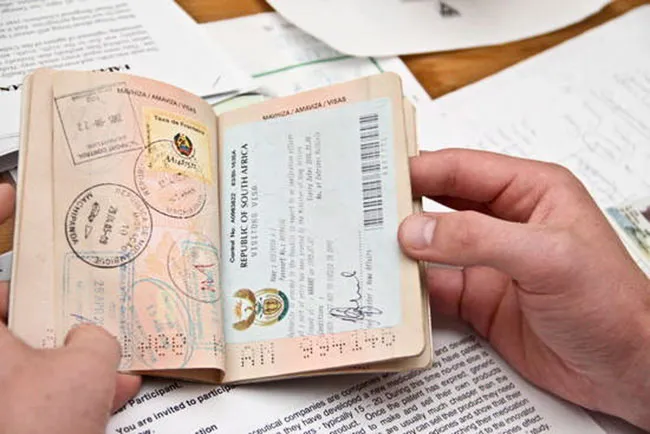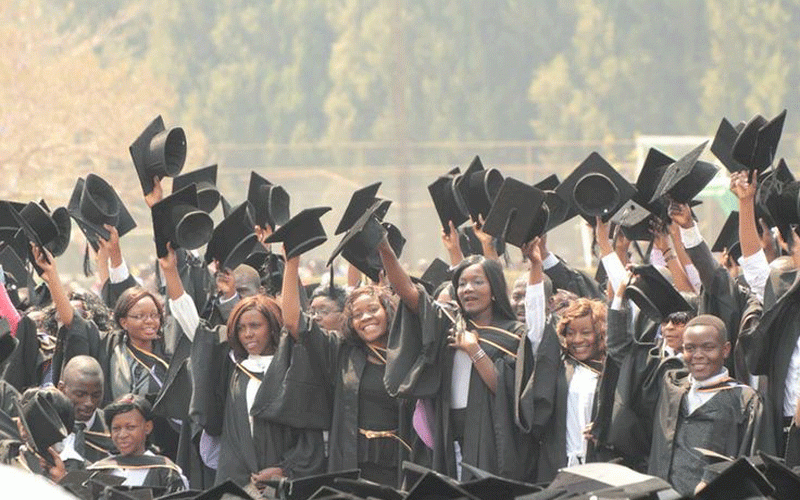
Jacob Mutisi NOW that the South African government is stopping the extension of the Zimbabwe Exemption Permit (ZEP), we would like to remind authorities across the Limpopo that not all Zimbabweans are criminals and illegal immigrants.
Zimbabweans have been South African economic drivers for years, whether under white rule or the black majority rule.
By driving Zimbabweans out of South Africa, the most likely scenario will be more white minority people filling up positions that could be taken by educated Zimbabweans.
There are some examples which explain racial undertones in recruitment even in some key parastatals and utilities.
To my South African brothers; I would like to remind you that Zimbabweans are educated.
Even more educated than most of our neighbouring countries.
There are currently an estimated four million Zimbabwean living outside the country.
Some of these Zimbabweans occupy senior executive posts in large multinational companies around the world.
- Chamisa under fire over US$120K donation
- Mavhunga puts DeMbare into Chibuku quarterfinals
- Pension funds bet on Cabora Bassa oilfields
- Councils defy govt fire tender directive
Keep Reading
Despite Zimbabwe being in a protracted economic crisis which has decimated its social services and infrastructure, Zimbabwe’s education has retained its ranking among the best in Africa.
It continues to produce some of the best workforce with a literacy rate of about 92%.
Despite the economic woes, Zimbabwe has improved its education system tremendously over the past few decades. Following the country’s independence in April 1980, schools have expanded.
A significant number of teachers have been trained and human resource capital has significantly progressed.
While a major gap exists between schools in the cities and rural areas, education in Zimbabwe has undeniably benefited its population of an estimated 15 million people.
From the age of four, every child has equal access to education in Zimbabwe. The country’s school system is regulated through the Education Act of 1987.
After independence in 1980, Zimbabwe introduced free primary and secondary education, holding education as a fundamental right.
Zimbabwe has about 18 state universities, 26 private universities and other research institutes, and colleges.
Zimbabwe’s education system consists of seven years of primary and six years of secondary schooling before students can qualify for university in the country or abroad.
The academic year in Zimbabwe runs from January to December, with three month terms, broken up by one month holidays, with a total of 40 weeks of school per year.
With this kind of education and the work ethics that is instilled in an ordinary Zimbabwean, there is no doubt that we can excel in any kind of economic environment.
There is no need to expel ZEP holders who find it difficult to enter into the main stream visas.
Rather make the visa application process accommodate such people with their expertise.
South Africa should be taking advantage of these hard working Africans and place them in positions where they can train others to be good employees and executives.
- For more details please Whatsapp/call +263772278161
- Mutisi is the CEO of Hansole Investments (Pvt) Ltd and the current chairperson of Zimbabwe Information & Communication Technology, a division of Zimbabwe Institution of Engineers.











